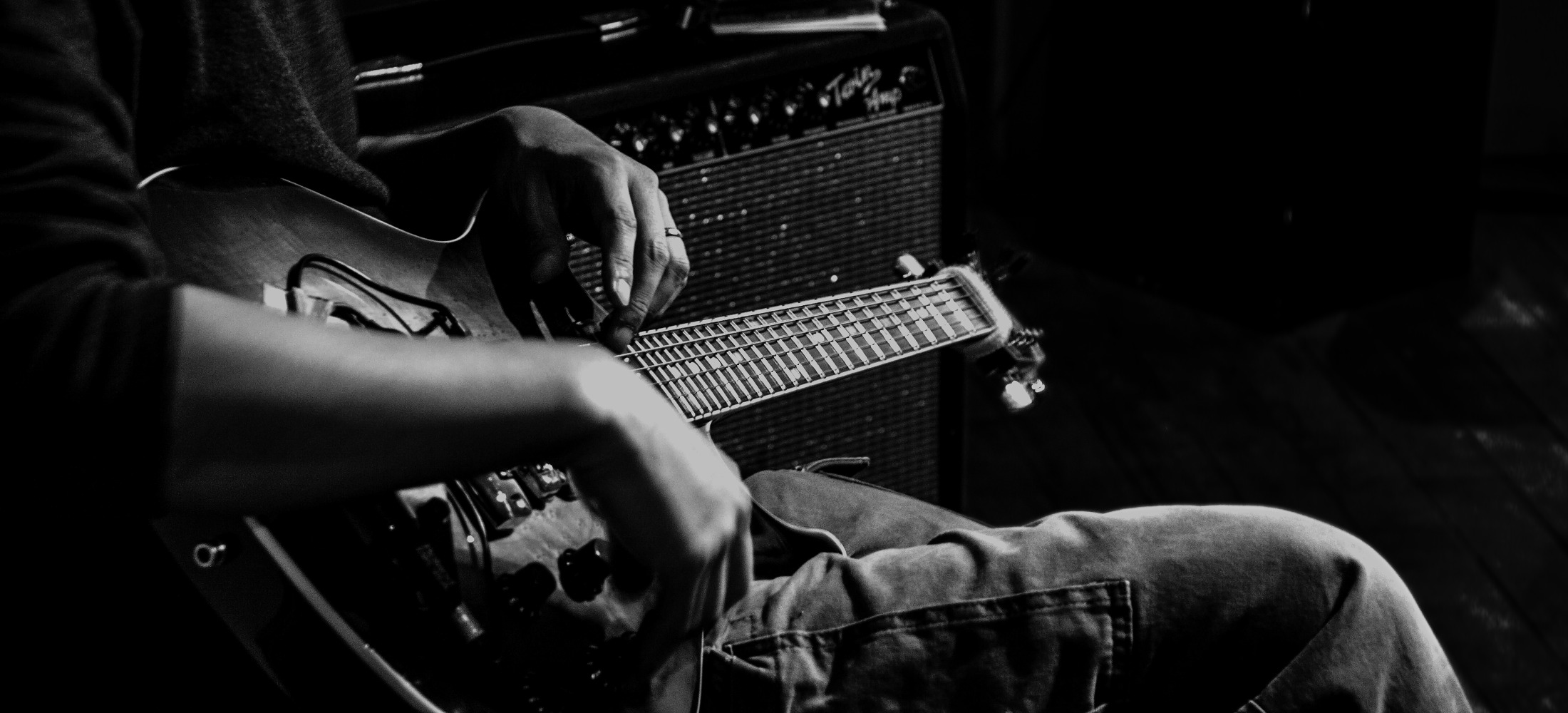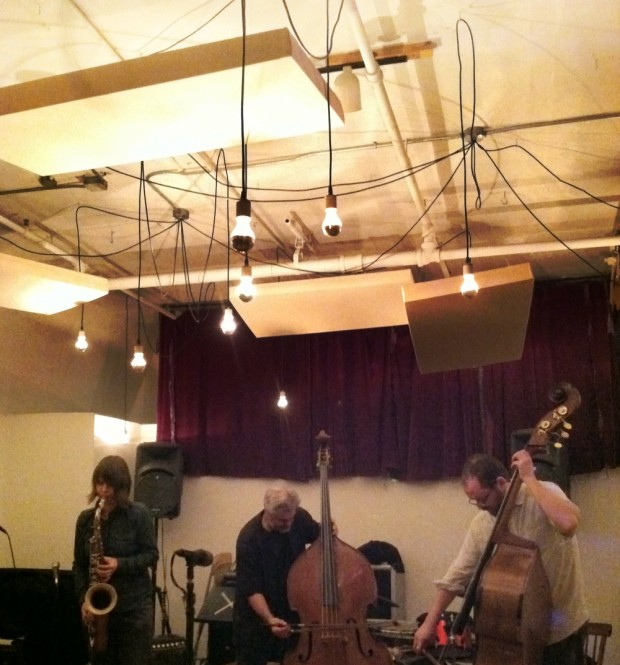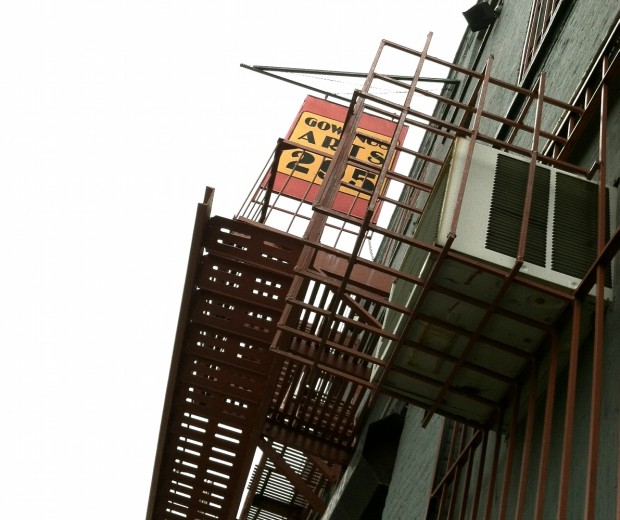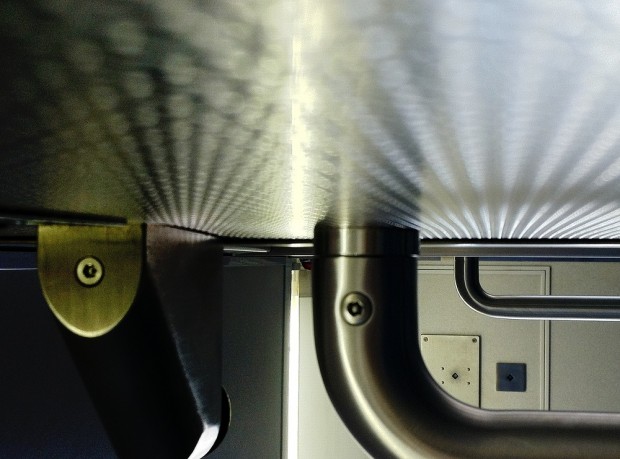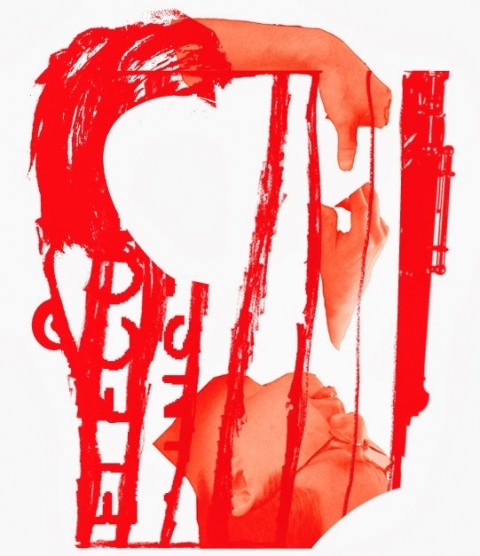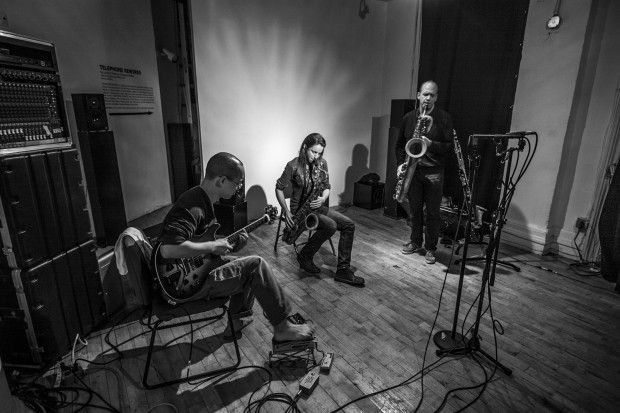I will be moving back to Cork this month, and I am seeking performances for the following projects/ensembles in Europe, 2014. Interested promoters, venues, festivals and sponsors, please get in touch!
- Numbers: Richard Barrett (electronics) and Han-earl Park (guitar). Berlin/Cork-based. [About this duo…]
- Eris 136199: Nick Didkovsky (guitar), Han-earl Park (guitar) and Catherine Sikora (saxophones). New York/Cork-based. Seeking gigs in September/October 2014 in particular; contact me for other dates. [About this ensemble…]
- Mathilde 253: Charles Hayward (drums, percussion and melodica), Han-earl Park (guitar) and Ian Smith (trumpet and flugelhorn). London/Cork-based. [About this ensemble…]
In addition, I (Han-earl Park) will be available for performances in solo or (ad-hoc) ensemble contexts.
Contact me for further information, audio recordings, etc. (some material only available to promoters).
